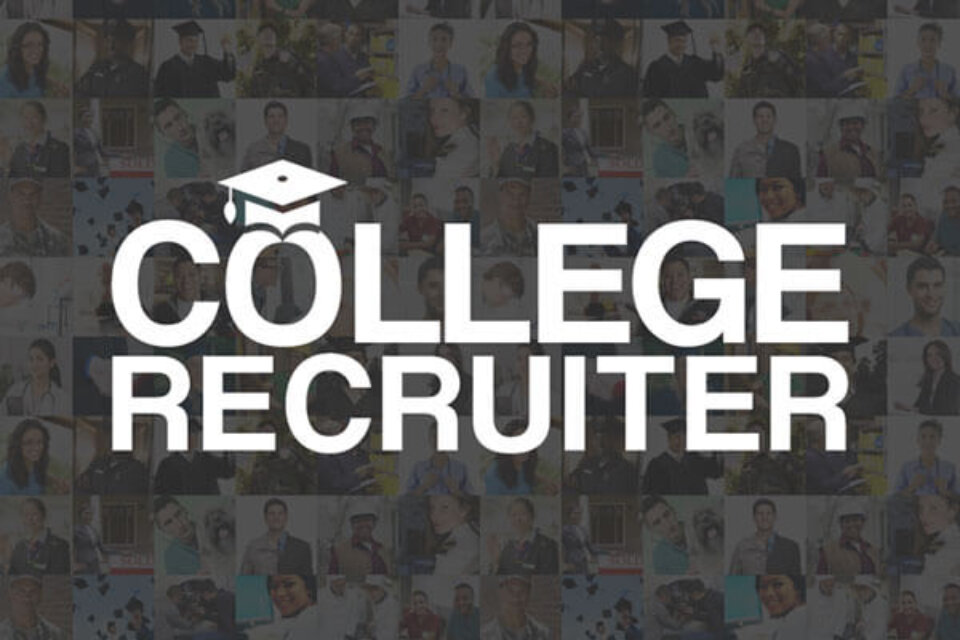
Finding a Great Job with a Liberal Arts Degree was originally published on College Recruiter.
You’ve invested thousands of dollars for the coveted diploma and now an important question stares you in the face: Will it be worth it? Will you get a good job? And — an even bigger question — What will you DO? Many new grads feel lost when they consider the endless list of career choices and fields they could go into.
As a career counselor, I’ve seen so many new grads who do not know how to apply the degree they have just earned. A typical example was Dave, who loved sports and had played baseball throughout his college years. He had his heart set on working for Nike. An English major, he had never clearly defined, even in his own mind, what kind of job he could do for Nike. When a family friend arranged for a meeting with someone at Nike, Dave naively hoped the man would find him a job within the company. Dave never stated what he could do, or where he might best fit in at Nike, so nothing ever happened after that meeting. It wasn’t the Nike employee’s job to figure out what career Dave could do — it was Dave’s responsibility.
Allison was a history major who wanted to work as an event planner but, unfortunately, no one had hired her. She’d sent out hundreds of resumes but got no interviews. When she called employers, everyone said the same thing — we need experience. She was frustrated and didn’t understand what she was doing wrong.
Elena returned to college after several years at home with her children. She majored in psychology and thought she might want a counselor job. A friend’s mom, who worked in human resources, pointed out that Elena’s verbal skills were pretty weak and that was a necessary counseling skill. Elena recognized this to be true, and felt even more lost as to what direction to pursue.
Not doing some solid career exploration first, to get a clear idea of the types of jobs you can do, is a critical error that A LOT of college students make. In Dave’s case, we looked at his strengths and had him focus on his stronger skills — writing, editing, and computer expertise. He started networking again, with college alumni, with the specific goal of seeking a communications position. He landed a job as editorial assistant at a company that published comic books AND that was coming out with a new baseball video game. The key lesson learned was that Dave needed to focus on what he could do for an employer instead of what an employer could do for him.
Alison had sent out hundreds of resumes but got no interviews. We trimmed her two-page resume to one page, took out the excess phrases, introduced action verbs – i.e. directed, organized, planned – and illustrated her accomplishments, strengths and strongest skills. I also suggested that she volunteer to work an internship for six weeks to learn about the meeting planning business and get some experience for the resume. She did, and within three weeks, Allison got a job offer after she followed up on a lead from someone in the office. When her internship supervisor got called for a reference, he offered Allison a paid position with his company.
Elena had excelled in her only job before having her kids, working at a pizza place. She was organized, courteous to customers, and efficient. Her productivity led to an assistant manager’s job, where she improved sales by suggesting optional items to customers and ensuring speedy delivery. We explored store management as a career. Her organizational skills and ability to think like her customers landed her a Deli Manager position for a large metropolitan store.
To insure a brighter future for you, implement these effective strategies:
- Figure out WHAT you want to do. Identify the job title you want to work at. Conduct research; ask parents or alumni to advise you on actual job duties. Consider what your natural talents are, and look for positions where you can use them. Evaluate the past jobs, volunteer work, activities and academic projects that you enjoyed. The people discussed above identified the skills they had to offer to an employer. They had a lot of skills they didn’t realize mattered to employers. So start with completing an inventory to identify your skills, then pursue a career where you have a lot of interest.
- Get experience. Temp work is a super way to get hired through the back door. Companies try you out and if they like you a few months into your position they offer you the job. This approach allows you to gain experience in industries and fields where you have none. Another option is do an internship or two. Getting practical experience is essential, so take advantage of any options open to you. And don’t forget employers value all experience -even volunteer. So although you may not be paid, the on-the-job time you put in can quickly aid you to landing a paid position be use of that volunteer experience.
- Forget the Fortune 500 + Magnet companies. MTV, Microsoft, Starbucks, American Express, attract over 100,000 resumes each month, making the competition impossibly fierce. And they are currently cutting back on hiring in large number of layoffs. Education -colleges, schools, universities and healthcare organization still have strong hiring efforts going on. Many opportunities are found in small companies, particularly those that usually they have less than 200 people. One key benefit in small offices is that you’ll quickly get more responsibility and that will help propel your career along into future jobs. These employers are usually found by talking to friends and family, looking in the yellow pages, and reviewing the want ads. Don’t forget to check nonprofit organizations.
- Try public service. The federal government is the largest employer in America. Consider federal, state and city positions. Their hiring process is slow, but with networking and patience you will likely land a position, and the salaries are good, contrary to most people’s thinking.
- Get off the Internet. Monster.com and Hotjobs.com — the nation’s two biggest recruiting sites — are the least likely places where you will find your new career. New studies from the Department of Labor state that only 4% of job seekers found their jobs on the Internet, and most of those were posted on the employer’s website.
- Network! Forget the “I’m not going to hit on people or use them” attitude. Fact is 63% of all jobs are filled by contacts and referrals according to the Department of Labor. 63%! Networking is an effective tool — be sure it’s a job hunting strategy you use. Start with your college’s alumni office — so many alums are happy to inform you about their job, field or company. They are a gold mine of easy help.
- Avoid resume blasting. Click and send is not the most productive way to land a job. Target specific companies, and skip the human resource office that screens people out. You’ll fare better by writing directly to the department manager, the person who would be your boss. Make sure you emphasize what potential you have and your past skills. Be succinct — develop a one page resume. Proofread! — It matters!
- Develop your interview savvy. Employers are making snap decisions. Most people lose the job in the first minute of the interview. It’s critical to focus the employer quickly on how well you can perform the job. I recommend you use my 60 Second Sell strategy (detailed in “60 Seconds & You’re Hired!”; Penguin Books). This strategy suggests you analyze the job, select your five top selling points, and link them together in a few sentences to create your verbal business card.
- Be ready for the tough questions. Practice your interviewing skills by first writing out good answers to potential questions. Review, having a friend role-play an interview with you. Do keep all answers to less than one minute, and use specific examples from your past experience whenever possible.
- Be picky about the position you do select. Your goal now needs to be to get good experience. Select a position in which you will learn a great deal from your new boss. Seek a manager who appears to take an interest in you and your professional development. His or her mentorship and guidance will set the stage for fast future job growth, so choose carefully.
Still not sure how to go forward? Take a job-search seminar, do some vocational testing, read career and job search books and career development articles, and consider seeking a career counselor for guidance to make the days ahead in your future prosperous and bright.
Robin Ryan has appeared on Oprah and Dr. Phil is considered America’s top career coach. Robin has a busy career counseling practice providing individual career coaching, resume writing services, interview preparation, salary negotiations, and outplacement, to clients nationwide. She is the best-selling author of:60 Seconds & You’re Hired!; Soaring On Your Strengths; What to Do with the Rest of Your Life; Winning Resumes ; and Winning Cover Letters . A dynamic national speaker, Robin has spoken to over 1200 audiences sharing her insights on how to improve their lives and obtain greater success. Contact Robin at: 425.226.0414, or email: RobinRyan@aol.com, or visit her website: www.robinryan.com

